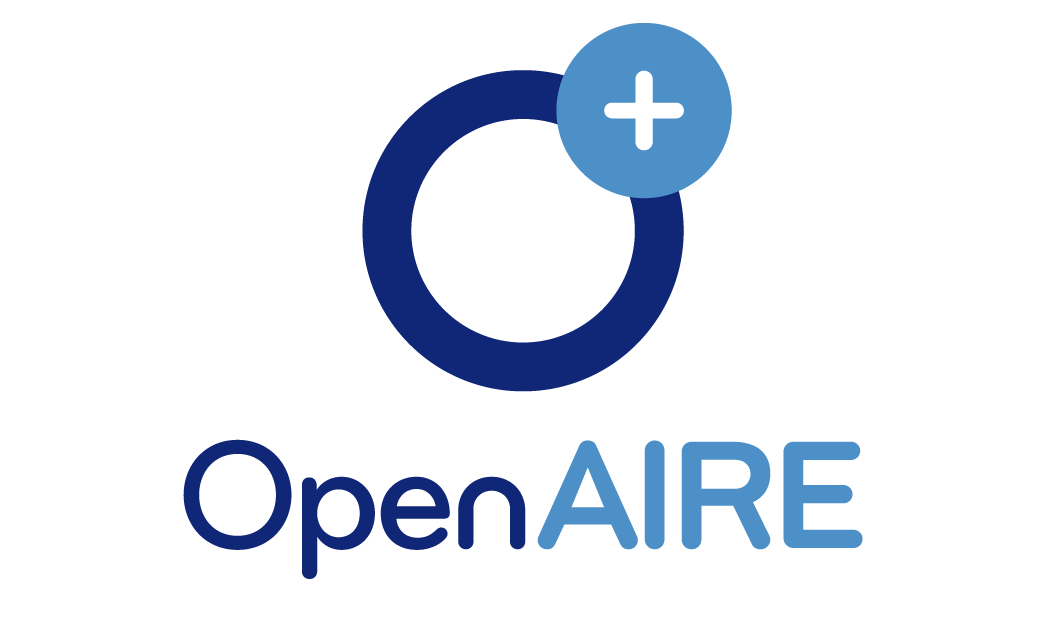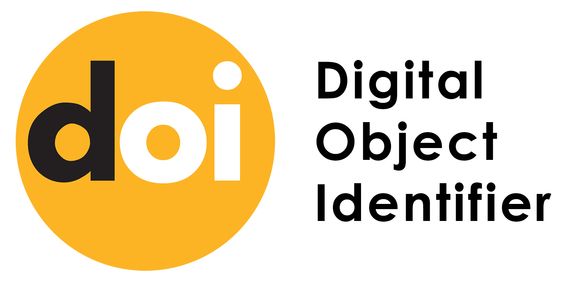EFFECTIVE METHODS OF TEACHING WRITING IN NON-PHILOLOGICAL HIGHER EDUCATION INSTITUTIONS WITH A FOCUS ON THE CONTEXT OF ENGLISH LANGUAGE TEACHING
Keywords:
Teaching writing, non-philological universities, English language instruction, effective approaches, authentic materials, research skills, language awareness, peer collaboration, technology tools, writing community, writing challenges, critical thinking, real-world applications, academic writing, professional writingAbstract
This article explores effective approaches to teaching writing in non-philological higher educational institutions, with a focus on the context of English language instruction. Writing proficiency is a crucial skill for students in diverse disciplines, and it requires tailored instructional strategies to meet their specific needs. The article discusses various methods and strategies that instructors can employ to enhance the teaching of writing. These include utilizing authentic materials, developing research skills, fostering language awareness, promoting peer collaboration, integrating technology tools, and creating a supportive writing community. Additionally, the article emphasizes the importance of addressing common writing challenges, cultivating critical thinking skills, and connecting writing to real-world applications. By implementing these approaches, instructors can empower students to become proficient and confident writers in English across academic and professional contexts.
References
Flower, L., & Hayes, J. R. (1981). A cognitive process theory of writing. College Composition and Communication, 32(4), 365-387.
Hyland, K. (2003). Second language writing. Cambridge University Press.
Raimes, A. (1983). Techniques in teaching writing. Oxford University Press.
Swales, J. M., & Feak, C. B. (2012). Academic writing for graduate students: Essential tasks and skills. University of Michigan Press.
Zamel, V. (1985). Responding to student writing. TESOL Quarterly, 19(1), 79-101.
Ferris, D. (2003). Response to student writing: Implications for second language students. Lawrence Erlbaum Associates.
Bekmurodov, M., Akhmedova, F., & Kadirova, K. (2020). Study the process of harmonization formation of personal and professional qualities at students. International Journal of Psychosocial Rehabilitation, 24(S1), 597-605.
Kadirova, H., & Akhmedova, F. Sociological Analysis of the Nation's Identity, the Levels of Feeling the National Identity in Uzbekistan. International Journal of Innovative Technology and Exploring Engineering (IJITEE) ISSN, 2278-3075.
Akhmedova, F. (2018). Professional Education Pharmaceutical Personnel in Uzbekistan. Eastern European Scientific Journal, (6).
Ахмедова, Ф. М. (2020). Подход восточных мыслителей к проблеме формирования личностных и профессиональных качеств у молодого поколения. Журнал социальных исследований, 3(3).
Medetovna, A. F. (2018). A Formation of Professional Competence At Future Pharmacists. Asian Studies, 36(2), 1-5.
Buvabaevna, K. H., & Medetovna, A. F. Development And Preservation Of Karakalpak Ethnic Culture. Multidisciplinary Approaches in the Current Times, 63, 63-70.
Medetovna, A. F. (2021). Harmonization of professional and personal competencies in future pharmaceutical personnel. Thematics Journal of Sociology, 5(2).
Akhmedova, F., & Rozikova, R. (2021). THE UNIVERSITY TEACHERS’PERCEPTIONS OF PEER OBSERVATION. EurasianUnionScientists, 4-9.
Ахмедова, Ф. М. (2021). ATTITUDE OF YOUNG PEOPIE TO EDUCATION. ЖУРНАЛ СОЦИАЛЬНЫХ ИССЛЕДОВАНИЙ, 4(4).
Akhmedjanova, D., & Akhmedova, F. (2022). Transition to online learning in Uzbekistan: Case of teaching academic English at Westminster International University in Tashkent. In International Perspectives on Teaching and Learning Academic English in Turbulent Times (pp. 130-140). Routledge.
Алимова, Ш. А., & Ниёзова, И. Н. (2021). Бизнес-коммуникации в системе управления промышленных структур. Academy,(1 (64)), 55-57.
Shamsiya, A. (2023). HR MANAGEMENT AND COACHING IN THE INNOVATIVE ECONOMY AS A METHOD OF BUSINESS MANAGEMENT. Modern Science and Research, 2(10), 712-717.
Abidovna, A. S. (2024). FORMATION AND DEVELOPMENT OF CAREER AS PERSONNEL TECHNOLOGY OF HUMAN RESOURCE MANAGEMENT. Gospodarka i Innowacje., (45), 327-332.
Abidovna, A. S. (2024). THE IMPACT OF E-ACCOUNTING IN MODERN BUSINESSES.
Abidovna, A. S. (2023). Priority directions of analysis of channels of promotion of the main activity of the enterprise and separate communication programs. Gospodarka i Innowacje., 42, 369-374.
Алимова, Ш. А., & Халимова, Д. Р. (2021). СОЦИАЛЬНО-ЭКОНОМИЧЕСКАЯ СУЩНОСТЬ СТРАТЕГИЙ ИНВЕСТИЦИОННОЙ ПОЛИТИКИ РЕСПУБЛИКИ УЗБЕКИСТАН. In Современные проблемы социально-экономических систем в условиях глобализации (pp. 340-344).
Abidovna, A. S. (2023). MONTE CARLO MODELING AND ITS PECULIARITIES IN THE IMPLEMENTATION OF MARKETING ANALYSIS IN THE ACTIVITIES OF THE ENTERPRISE. Gospodarka i Innowacje., 42, 375-380.
Abidovna, A. S. (2024). THE ROLE OF INFORMATION TECHNOLOGY IN THE PERSONNEL MANAGEMENT SYSTEM.
Alimova, S. A., & Khaitov, V. S. (2022). ON THE WAY OF TOURISM DEVELOPMENT IN UZBEKISTAN APPLICATION OF ELECTRONIC MARKETING STRATEGIES OPPORTUNITIES. PEDAGOGICAL SCIENCES AND TEACHING METHODS, 303.
Alimova, S. (2023). THE CONCEPT AND TASKS OF A MODERN MANAGEMENT SYSTEM ENTERPRISE PERSONNEL. Modern Science and Research, 2(12), 1085-1090.
Abidovna, A. S. (2023). MODERN TRENDS IN MANAGEMENT STRATEGIES AND THEIR APPLICATION IN COMMERCIAL BANKS. Gospodarka i Innowacje., 41, 326-332.
Alimova, S. A., & Nutfullaevna, K. M. (2022). STATE MANAGEMENT OF FOREIGN ECONOMIC ACTIVITY OF ENTERPRISES. Galaxy International Interdisciplinary Research Journal, 10(10), 75-80.
Alimova, S. A., & Shavkatovich, P. S. (2022). THE ROLE OF FOREIGN INVESTMENT IN ENSURING THE FINANCIAL SUSTAINABILITY OF THE ECONOMY. Galaxy International Interdisciplinary Research Journal, 10(3), 359-364.








